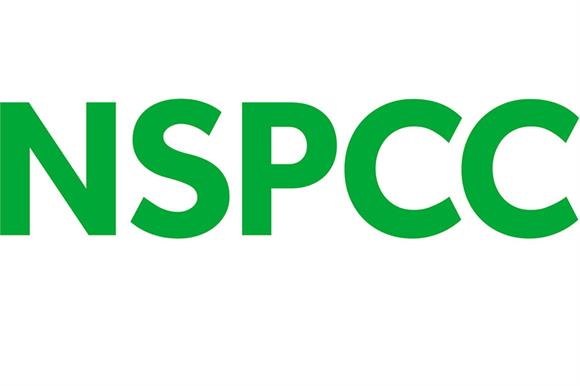NSPCC Cymru / Wales has called for a greater awareness of children who may be being exploited as the children’s charity marks World Day Against Trafficking in Persons today (July 30).
The day aims to raise awareness of human trafficking and promote the rights of victims.
Child trafficking is a form of child abuse and involves children being groomed, recruited and transported across borders or within countries for the purposes of activities like forced labour or sexual exploitation.
In cases of child trafficking, criminals often use grooming techniques to gain the trust of a child before persuading them to leave their homes. In other cases, they are tricked or forced into trafficking.
Traffickers make a profit from the money a child earns through exploitation, forced labour or crime. Often this is explained as a way for a child to pay off a debt they or their family ‘owe’ to the traffickers.
The International Labour Organization estimates that 21 million people are victims of forced labour globally. This estimate also includes victims of human trafficking for labour and sexual exploitation.
Children are trafficked into the UK from abroad, but children can also be trafficked from one part of the UK to another.
According to figures from the National Crime Agency, 26 of the 134 potential trafficking victims referred to authorities in Wales were children.
Des Mannion, head of NSPCC Cymru / Wales, said: “Parents need to be aware of any warning signs that children are being groomed for human trafficking purposes.
“Child trafficking is an under-reported issue with children scared or unable to speak out about what is happening to them.
“It’s important that through the likes of World Day Against Trafficking in Persons we raise awareness about this issue and encourage victims to come forward.
“We want to protect children from trafficking and prevent them from being exploited.
“Anyone who has concerns about a child’s welfare can contact the NSPCC helpline.”
If you work with children or young people who may have been trafficked into the UK, contact our specialist service for information and advice.
Call us on 0808 800 5000 or email help@nspcc.irg.uk for more information.

| [donate]
| Help keep news FREE for our readersSupporting your local community newspaper/online news outlet is crucial now more than ever. If you believe in independent journalism,then consider making a valuable contribution by making a one-time or monthly donation. We operate in rural areas where providing unbiased news can be challenging. |


















